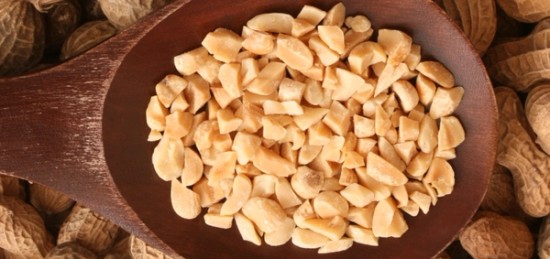By: Jada Linton, RDN, LD
Interestingly enough this is a big question on the minds of many Google users. Peanuts specifically have a great track record in regard to heart health, protein benefits, and vitamin/mineral benefits. Let’s check it out!
Peanuts are an easy way to incorporate a yummy plant-forward choice into your meals. When you ask yourself if something is “good or bad” what are the factors that go into your decision-making? For me there are a couple of factors. I ask myself if the product is tasty, nutrient dense, if it is affordable, and if it is good for the planet!
Scientific evidence suggests but does not prove that eating 1.5 ounces per day of most nuts, including peanuts, as part of a diet low in saturated fat and cholesterol may reduce the risk of heart disease.
Did you know in a recent study, millennials chose peanuts as their favorite nut!? They are so delicious. Whether you want PB by the spoon, a handful of peanuts, or a tasty peanut butter treat, peanuts are a great plant-forward option. Peanuts and peanut butter can be a quick snack or meal addition as a PB & J or as a tasty peanut sauce. Check out some recipes to help add a peanutty spark to your meals.
Peanuts have more protein than any nut (7g per serving), containing more than 30 essential vitamins and minerals, and are a good source of fiber and good fats
The Dietary Guidelines recommend a plant-forward way of eating, which definitely includes peanuts, a great plant-based protein option. Some people worry about the fat in peanuts, but most of the fat is good fat – 12 grams of the 14 grams total fat are unsaturated – the kind that we should eat more often. Peanuts and peanut butter provide a flavorful nutritional addition to any meal.
The National Peanut Board, in partnership with Bantam, conducted the online survey of 1,500 Americans in November 2018 to track attitudes, perceptions and consumption habits of peanuts and other foods. 750 of those surveyed were millennials (age range between 21 and 40).
2018 Consumer Tracking Study
